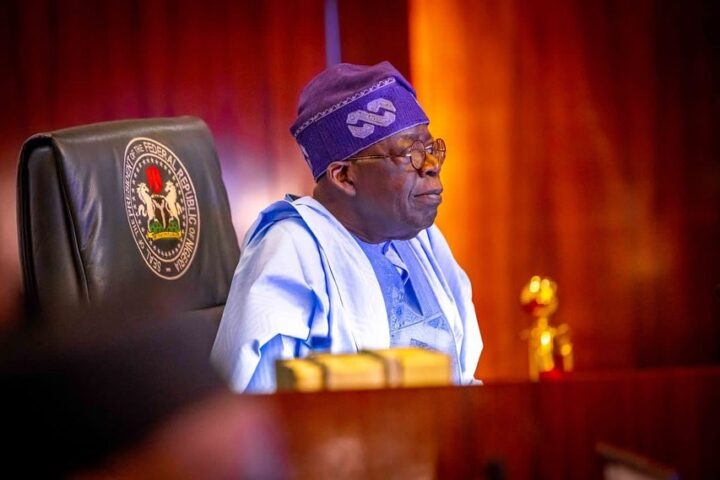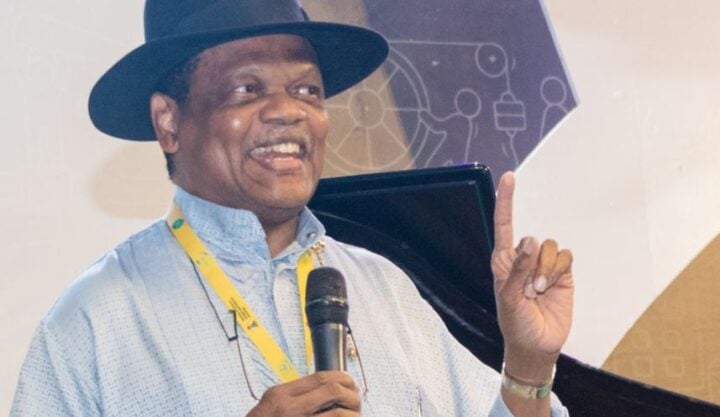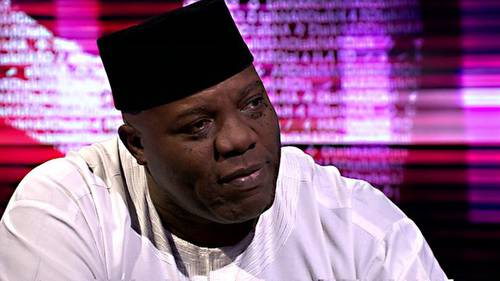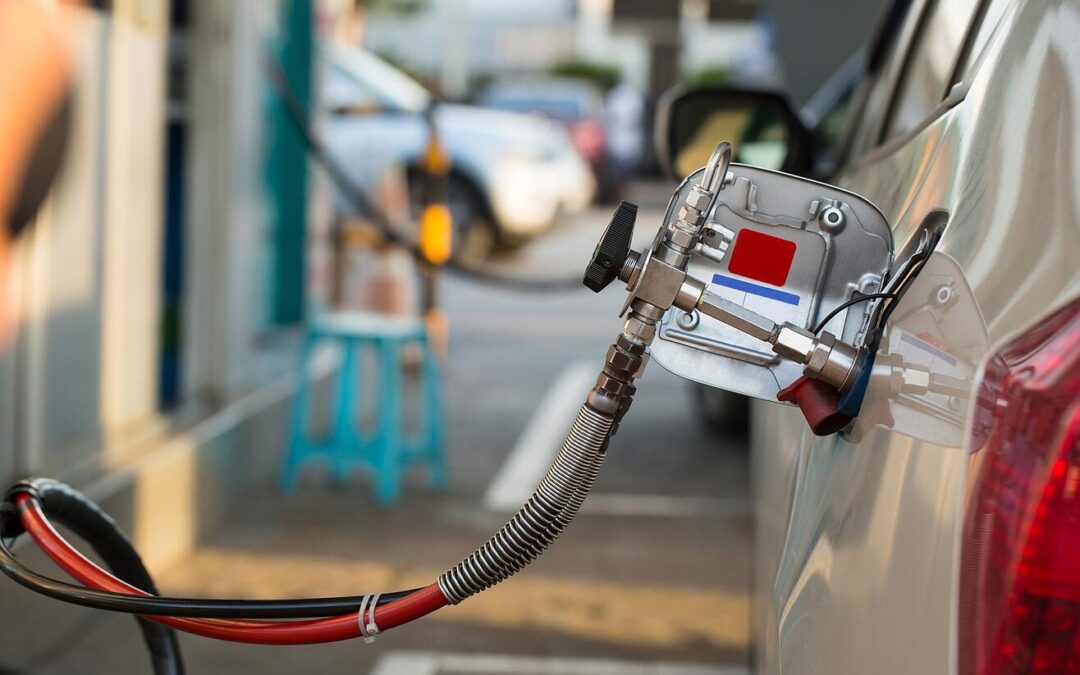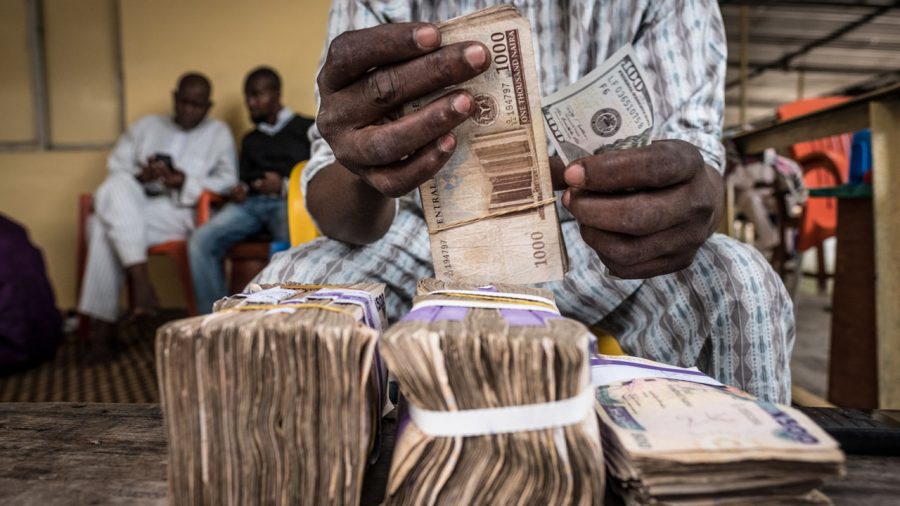On Wednesday, President Bola Tinubu designated portfolios to ministers some days after they were screened and confirmed by the senate. The president had sent the list of 47 ministerial nominees to the senate without portfolios – a situation that stirred conversations on what ministry would be allotted to each of the nominees.
That was not the first time a list of ministerial nominees would be sent to the senate without portfolios. Previous presidents like Umaru Musa Yar’Adua, Goodluck Jonathan and Muhammadu Buhari followed the trend.
Although there is no constitutional provision stipulating that the president must attach portfolios to the list of ministerial nominees, experts have argued that the senate will be able to ask the right questions from the nominees if portfolios are attached to each name.
Out of 48 ministerial nominees, the senate confirmed the nomination of 45 persons on the list. Three nominees — Nasir el-Rufai, former governor of Kaduna, Stella Okotete (Delta) and Danladi Abubakar (Taraba) — were not confirmed due to issues relating to security clearance.
Advertisement
The ministerial list shows that the north-west has 10 ministers, while the north-east has six. The north-central and south-west have eight and nine ministers respectively, while the south-east and south-south have five and seven ministers apiece.
TREND OF STATE MINISTERS CONTINUES
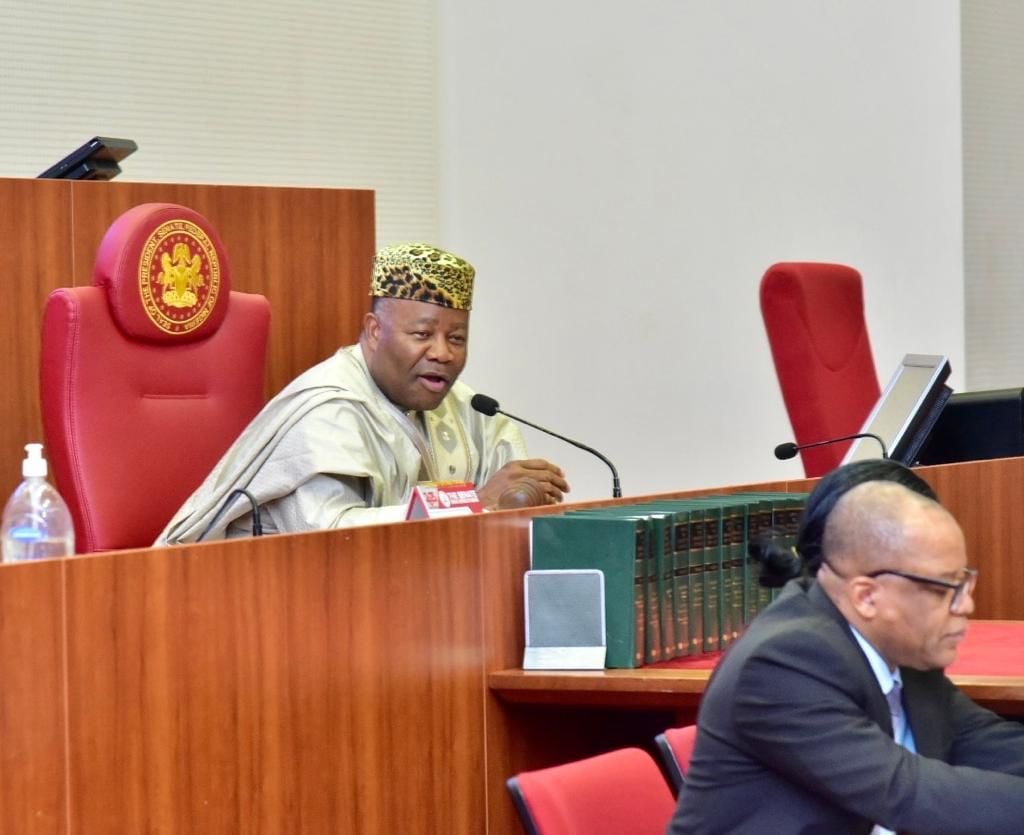
From the list of 45 ministers, 13 of them are ministers for state. In order to accommodate the number of nominees within the available ministries and roles, the president usually assigns some nominees the role of state ministers.
Advertisement
In most cases, the ministers for state are often regarded as junior ministers and they handle issues that involve states in a particular ministry. For instance: the minister of education is often superior to the minister of state for education.
Here is the list of the current ministers for state:
1. Minister of state, environment and ecological management — Ishak Salako
- Minister of state, health and social welfare –Tunji Alausa
- Minister of state, labour and employment — Nkiruka Onyejeocha
- Minister of state, gas resources – Ekperipe Ekpo
- Minister of state, petroleum resources –Heineken Lokpobiri
- Minister of state, defence — Bello Matawalle
- Minister of state, education — Yusuf T. Sununu
- Minister of state, housing and urban development– Abdullahi T. Gwarzo
- Minister of state, federal capital territory — Mairiga Mahmud
- Minister of state, water resources and sanitation – Bello M. Goronyo
- Minister of state, steel development — U. Maigari Ahmadu
- Minister of state, police affairs — Imaan Sulaiman-Ibrahim
- Minister of state, agriculture and food security – Aliyu Sabi Abdullahi
NO PETROLEUM MINISTER
Since 1999, only two presidents – Jonathan and Yar’Adua – appointed petroleum ministers. In Yar’Adua’s case, a petroleum minister was appointed after one year of his administration.
Advertisement
In most cases, a minister of state is usually appointed to oversee the petroleum ministry on behalf of the president who is the de facto petroleum minister.
Obasanjo laid the precedent when he did not appoint a petroleum minister for six years of his administration; but after some pressure in 2005, he named Edmund Daukoru as the minister of state for energy. In 2003, Daukoru was appointed as the special adviser to the president on petroleum and energy.
Buhari emulated Obasanjo’s template as the former president did not appoint a petroleum minister throughout his eight years in office, but there was a minister of state for petroleum. Tinubu has also followed Obasanjo’s template for the petroleum ministry.
In the new list of ministers, Tinubu appointed Ekperipe Ekpo and Heineken Lokpobiri as ministers of state – gas and petroleum resources respectively.
Advertisement
NO NIGER DELTA MINISTER
Another designation that is missing from Tinubu’s ministerial list is the minister of Niger Delta affairs. Since the ministry was created by Yar’Adua in 2008, subsequent presidents had appointed a minister.
Advertisement
Yar’Adua appointed Ufot Ekaette as the first minister of Niger Delta affairs, while Godsday Orubebe was the minister of state. Jonathan and Buhari equally appointed ministers for the ministry.
Tinubu’s decision not to appoint a minister for Niger Delta affairs, some political analysts say, may be an indication that the president wants to scrap the ministry. The analysts believe that the ministry’s functions are overlapping with that of the Niger Delta Development Commission (NDDC).
Advertisement
Add a comment
